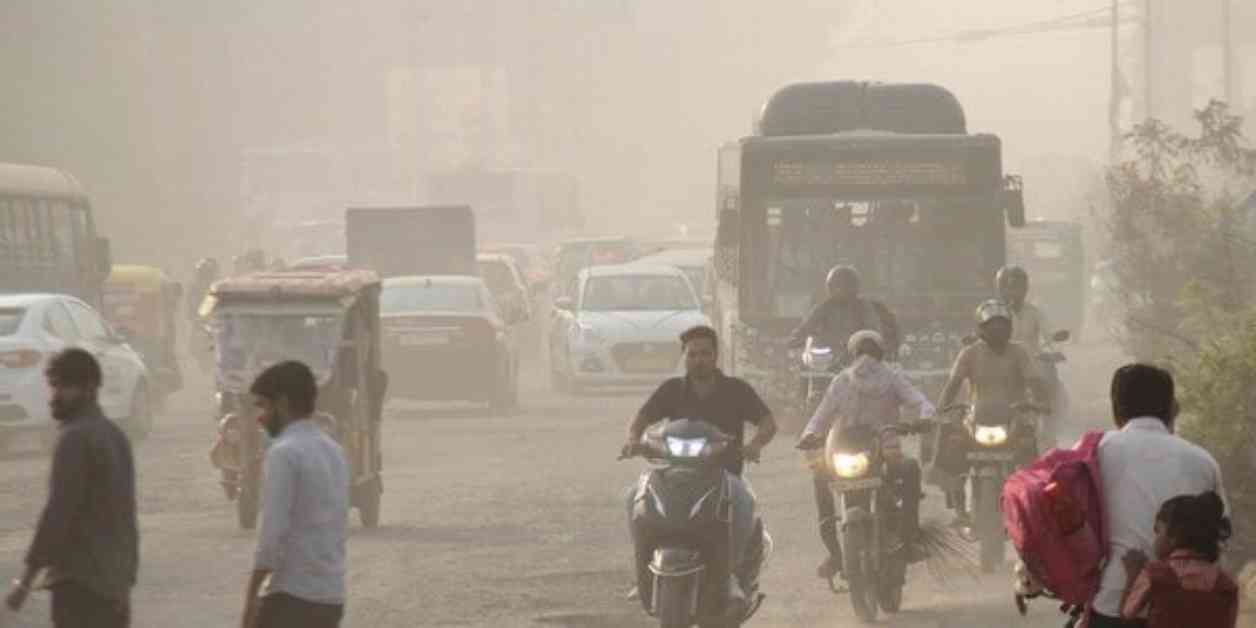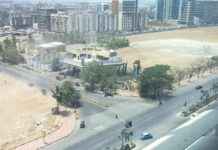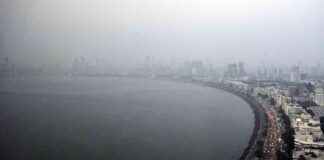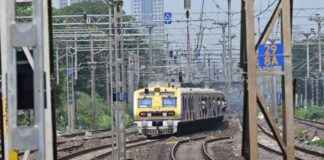The Commission for Air Quality Management (CAQM) in the National Capital Region (NCR) and adjoining areas has recently announced revised guidelines to address the severe pollution levels expected during the upcoming winter season. These new measures, part of the Graded Response Action Plan (GRAP), aim to combat air pollution and improve the overall air quality in Delhi.
Stricter Restrictions on Non-BS-VI Buses
One of the key changes in the revised guidelines is the ban on inter-state buses from NCR states that do not meet specific emission standards. Buses running on electric vehicles (EVs), compressed natural gas (CNG), or Bharat Stage VI (BS-VI) diesel engines are exempt from this restriction. This ban will be enforced when Delhi’s Air Quality Index (AQI) reaches Stage III – ‘Severe’, with AQI levels between 401-450.
This prohibition on non-BS-VI buses entering Delhi during severe pollution episodes is a significant step towards reducing vehicular emissions, which are a major contributor to air pollution in the city. The restriction is especially crucial during the winter months when smog levels tend to rise significantly, leading to poor air quality and health hazards for residents.
While the ban applies to most inter-state buses, those operating under an All India Tourist Permit are exempt from this restriction. This exemption ensures that essential transportation services for tourists and visitors to the city are not disrupted while still addressing the pressing issue of air pollution.
Role of the Commission for Air Quality Management
The CAQM, established as a statutory body by the government in 2021, plays a vital role in managing air quality in Delhi and its surrounding areas. With a focus on implementing stringent measures to curb pollution, the commission works towards improving the air quality and overall environmental health of the national capital.
The GRAP, introduced as an emergency response mechanism, serves as a framework to combat air pollution in the Delhi-NCR region. It is activated when the AQI levels reach ‘poor’ categories, triggering specific actions and restrictions to mitigate the impact of air pollution on public health and the environment.
Air Quality Index and Health Implications
The Air Quality Index (AQI) is a crucial tool used by government agencies to assess air pollution levels and communicate associated health risks to the public. It provides valuable information on how air pollution can affect individuals’ health, with higher AQI values indicating more severe health concerns and risks.
The AQI is calculated based on air pollutant concentrations over a defined period, categorizing the results into ranges with corresponding health advisories. The scale ranges from ‘Good’ (0-50) to ‘Severe +’ (over 450), with each category reflecting different levels of air pollution and associated health implications.
As of 17 September 2024, the air quality in Delhi was in the ‘Moderate’ category, with an AQI of 172 according to the Central Pollution Control Board (CPCB). The forecast indicates a gradual improvement in air quality, shifting to ‘Satisfactory’ levels on 19 September and returning to ‘Moderate’ from 20 to 21 September, as projected by the Air Quality Early Warning System operated by the Ministry of Earth Sciences.
Strict Measures to Control Pollution
In addition to the ban on non-BS-VI buses, the CAQM has reiterated strict restrictions on various dust-generating and air pollution-causing activities, particularly in construction and demolition (C&D) sectors. While major dust-generating activities are prohibited, minor welding activities for mechanical, electrical, and plumbing works, as well as indoor repairs and maintenance activities, are permitted under specific conditions.
Furthermore, the transfer and handling of dust-generating materials like cement, fly-ash, sand, and crushed stone are strictly prohibited within or outside project sites to minimize air pollution and dust emissions. These measures aim to regulate and control activities that contribute to air pollution in the region.
The Government of the National Capital Territory of Delhi (GNCTD) has also introduced strict restrictions on diesel medium goods vehicles (MGVs) and light commercial vehicles (LCVs) registered outside the city that do not meet BS-III emission standards or higher. These vehicles are prohibited from entering Delhi, except for those transporting essential commodities or providing essential services, further emphasizing the importance of reducing vehicular emissions for air quality improvement.
In conclusion, the revised guidelines from the Commission for Air Quality Management underscore the urgent need for comprehensive measures to combat air pollution in Delhi and its surrounding areas. By implementing stricter restrictions on non-BS-VI buses and reinforcing regulations on dust-generating activities and vehicle emissions, the commission aims to enhance air quality and protect public health from the harmful effects of pollution. It is essential for all stakeholders, including government authorities, businesses, and residents, to collaborate and adhere to these guidelines to ensure a cleaner and healthier environment for everyone.




















